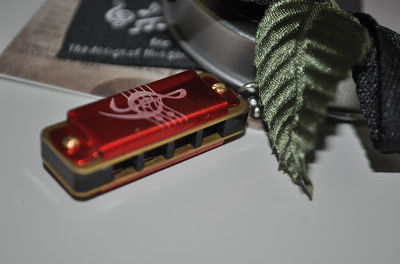


I'm a paragraph. Click here to add your own text and edit me. It’s easy. Just click “Edit Text” or double click me to add your own content and make changes to the font.
I'm a paragraph. Click here to add your own text and edit me. It’s easy. Just click “Edit Text” or double click me to add your own content and make changes to the font.
I'm a title.
I'm a title.
I'm a title.
I'm a title. Click here to add your own text and edit me.
"LiTERATURE & MUSIC"
EARLY LIFE & CAREER
Levi Celerio was born on April 30, 1910, in Tondo, Manila to parents that hailed from Baliuag, Bulacan. Levi Celerio, had his left hand injured when he was just a child due to climbing up a tree. the reason why he did because he was following his father, the day his father abandoned him and his mother. That's also the reason why in every show he couldn't play for a long period of time. "Celerio" is the surname of his mother. His mother prefered to let her son use her surname because she was not married to Levi's father. Levi Celerio now have a successor of his talents, not only through his son's and daughter but through his Biological grandchildren, Louis Brando Celerio and Joan Levinia Celerio. He received a scholarship to the Academy of Music in Manila and became the youngest member of the Manila Symphony Orchestra. He wrote several number of songs for local movies, which earned for him the Lifetime Achievement Award of the Film Academy of the Philippines. Celerio has written lyrics for more than 4,000 Filipino folk, Christmas, and love songs, including many that became movie titles.
Known for being a good lyricist, his songs cherish life, convey 'nationalistic sentiments and utter grand philosophies. Celerio wrote more than 4,000 songs, among them are popular pieces, which many consider to be immortal. At one time or another, no Filipino could miss the tune or lyrics of Levi's Christmas songs: Pasko na Naman, Maligayang Pasko at Manigong Bagong Taon (Ang Pasko ay Sumapit), and Misa de Gallo.

He is probably best recognized for being a leaf-player, an achievement where he was place into the Guinness Book of World Records.

HIS FAMOUS WORKS
He wrote a huge number of songs for local movies, which gained him the Lifetime Achievement Award of the Film Academy of the Philippines.
His more popular love songs include: Saan Ka Man Naroroon?, Kahit Konting Pagtingin, Gaano Ko Ikaw Kamahal, Kapag Puso'y Sinugatan, and Ikaw, O Maliwanag na Buwan, Dahil Sa Isang Bulaklak, Sa Ugoy ng Duyan, and Sapagkat Kami'y Tao Lamang.
While his folk songs include Ang Pipit, Tinikling, Tunay na Tunay, Itik-Itik, Waray-Waray, Pitong Gatang, Ako ay May Singsing, Alibangbang, Alembong, Galawgaw, Caprichosa, Ang Tapis ni Inday, Dungawin Mo Hirang, Umaga na Neneng, Ikaw Kasi, and Basta't Mahal Kita. Celerio also wrote nationalistic songs such as Bagong Pagsilang, Lupang Pangarap, and Tinig ng Bayan.

A Tagalog folk song for TTBB unaccompanied. Tagalog is the major language of the Philippines, related to the Indonesian language.
PROCLAMATION
On October 9, 1997, pursuant to Proclamation No. 1114, President Fidel V. Ramos proclaimed him a National Artist for Music and Literature. His citation read that his music "was a perfect embodiment of the heartfelt sentiments and valued traditions of the Filipino."

DEATH
He died at the Delgado Clinic in Quezon City on April 2, 2002, at the age of 91, just two days after the death of a fellow National Artist, Lucio San Pedro (who wrote the music for Sa Ugoy ng Duyan). But his death was overshadowed by the death a few days earlier of the popular matinee idol Rico Yan, thus, his death was received with little public attention. He was buried with full military honors at the Libingan ng mga Bayani (National Heroes' Cemetery).






